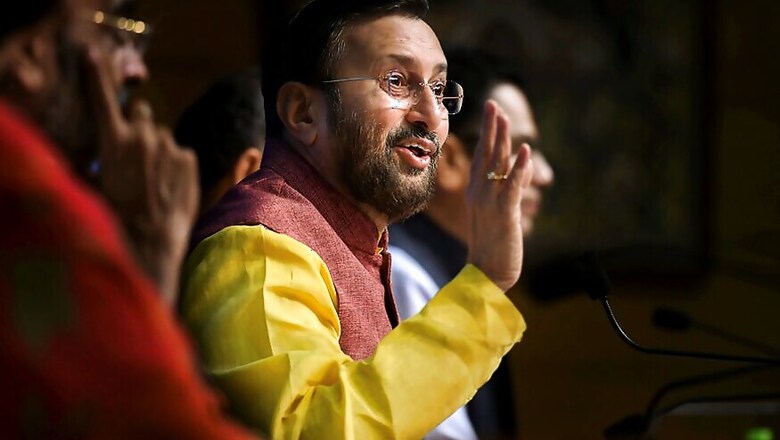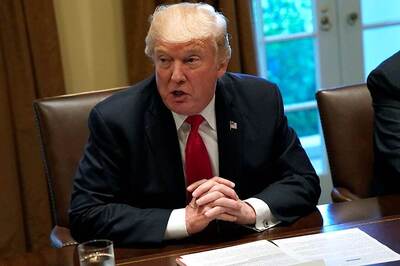
views
Prof. Narayanan Kurur, Department of Chemistry, IIT-Delhi and Subhashis Banerjee, Professor, Computer Science and Engineering share their opinions on the recent changes introduced in JEE and NEET with the advent of the newly formed National Testing Agency that will now conduct these examinations.
On Saturday, the Human Resource Development Minister Prakash Javadekar announced a few “historic changes” to the competitive exams JEE and NEET. There are two main changes that has been made to these examinations: From now on, these will be completely computer-based affairs (earlier there was a choice of offline or online exam) and students will be free to choose their exam dates from two options.
The test was “objective type” in any case. An “objective type” engineering entrance test based on Physics, Chemistry and Mathematics (PCM) is a bad idea to start with. The test objectives are not specified and it is not obvious that problem-solving skills in PCM are the only requirements for engineering.
Let alone aspiration or aptitude, such a test does not even evaluate awareness or preparedness one has to have for engineering. It is also conceptually unsound to rank young students on marks obtained in a single test such as this. A repeat of the test may randomize the ranks substantially. I see an over-dependence on these tests as a refusal to really evaluate students and a ploy to hide behind a “process” with a deceptive notion of “objectivity”.
However, if the society cannot do any better, then it perhaps makes sense to go online with it though grudgingly, because such a step takes us further from ever asking the question: What is the right way to select?
Yet, the following issues should be considered before going online with the entire process:
Firstly, not all aspiring students have equal familiarity with computers. How can one ensure that the test is fair to all and is not biased towards the more privileged?
Secondly, we might see that the unfamiliar mode of testing may drive more students towards coaching. In a society that is consumed by the idea that examinations are synonymous to education, tuitions do great harm by killing creativity and the spirit of free enquiry.
Thirdly, if the tests are taken at different times by different students what will be the guarantee of equivalence of the tests so that a common ranking is tenable?
I wonder, why the students will not try to delay taking the test as much as possible to take more coaching classes, thus resulting in a skewed load at the test centres.
Finally, one will have to guarantee the correctness of the online protocol, which is not easy.
Also, it must be guaranteed that online tests will not be unfair to some candidates or give somebody an undue advantage, make sure that proofs can be provided after the exams that no candidate has to wait and waste time for the questions to be displayed online due to any technical issues.
Correctness of the test protocol cannot depend on “there have been no complaints” and “works well at most times” kind of arguments.
The system as envisaged in the new announcement must guarantee few things like security measures against possible question leaks, guaranteeing the integrity of the test environments and correctness of evaluation.
As told to Eram Agha

















Comments
0 comment